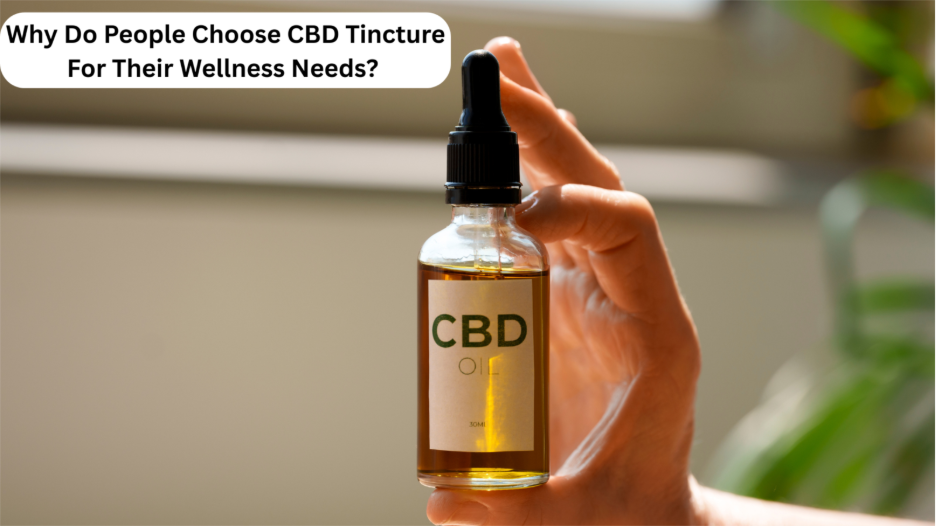Have you ever sipped on a cup of mushroom coffee and wondered what makes it so magical? It’s time to step into the worlds of nootropics and mushrooms, both known for their cognitive enhancement capability.
So, what exactly sets these two powerhouses apart? Explore nootropics, mushrooms, and the intriguing differences that make them unique, and find the right addition to your diet today.
What Are Nootropics?
Nootropics, often dubbed “smart drugs” or cognitive enhancers, improve cognitive function, memory, creativity, and motivation. They can range from synthetic compounds like modafinil and racetams to natural alternatives such as Lion’s Mane mushrooms.
The allure of nootropics lies in their ability to potentially enhance mental performance and productivity. These brain-boosting substances work in many ways, such as increasing neurotransmitter levels, enhancing cerebral blood flow, or promoting neuroplasticity.
What Are Mushrooms?
Mushrooms have become a part of culinary experiences, traditional medicine, and wellness practices. Medicinal mushrooms like Reishi, cordyceps, and Chaga have been revered for their health benefits for centuries.
These superfoods are rich in compounds that may support the immune system, reduce inflammation, and improve overall well-being. The wellness industry has witnessed a surge in mushroom-based supplements and extracts, catering to individuals seeking natural remedies for various health concerns.
From teas to tinctures, mushrooms offer products that aim to harness their medicinal properties for optimal health. This resurgence in mushroom popularity highlights a growing interest in natural solutions for improving overall wellness and vitality.
How Do Nootropics and Medicinal Mushrooms Relate?
Nootropics, in their synthetic or natural formulations, target specific pathways in the brain to enhance cognitive function. On the other hand, medicinal mushrooms contain bioactive compounds like beta-glucans and polysaccharides that interact with the immune system, promoting overall health and vitality.
While both aim to support cognitive function, their approach varies significantly. Nootropics tend to have a more targeted and immediate effect on brain function, while medicinal mushrooms offer a broader spectrum of benefits, including immune support and stress reduction. Understanding these distinctions can help individuals make the right choice.
Future Trends in Cognitive Enhancement
Looking ahead, the future of cognitive enhancement appears promising as researchers further explore natural and synthetic substances. Innovations in personalized nootropic formulations, neuroenhancement techniques, and evidence-based practices are expected to shape the landscape of cognitive wellness.
Moreover, the trend towards holistic well-being and sustainability may usher in a new era of brain-boosting products that prioritize mental acuity and environmental consciousness. This shift towards mindful consumption benefits personal health and contributes to a more sustainable future for the planet.
Finding Balance Through Nootropics, Mushrooms, and Mindful Wellness
Through the connection of nootropics and mushrooms, one truth remains clear: The quest for cognitive enhancement is ever-evolving. Embracing a balanced approach to cognitive enhancement can empower you to unlock your full potential while honoring the intricate dance between science and nature.
So, whether you’re a coffee connoisseur or a wellness enthusiast, the world of brain-boosting elixirs awaits — explore mindfully, thrive vibrantly, and embark on a journey toward revitalization like never before.






























































































































